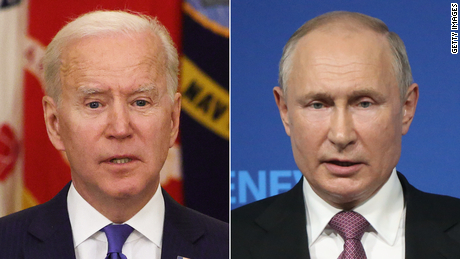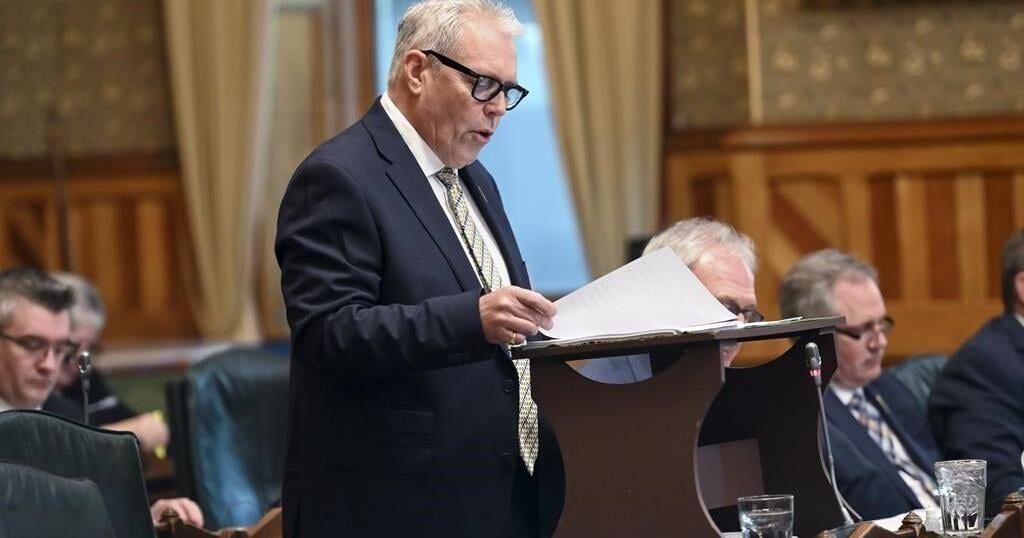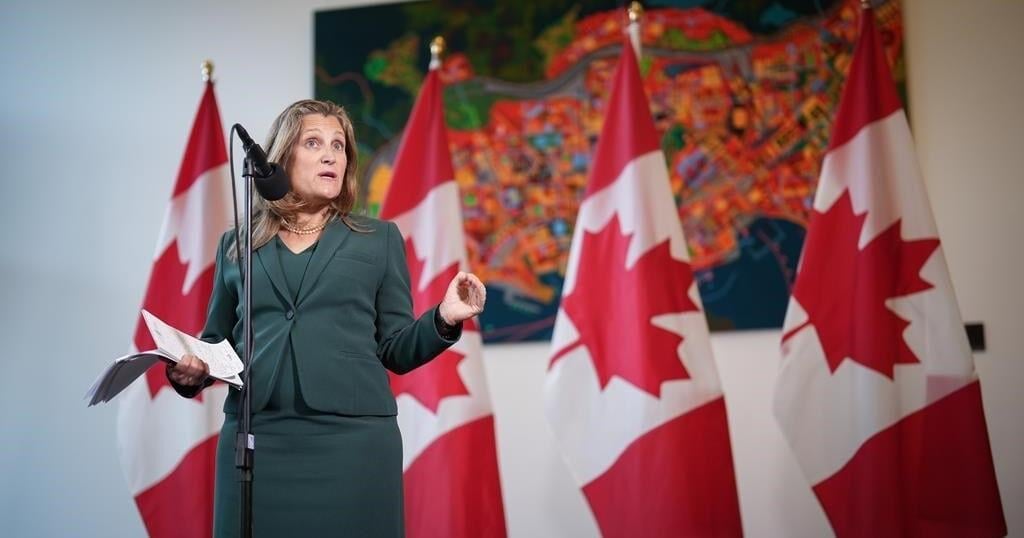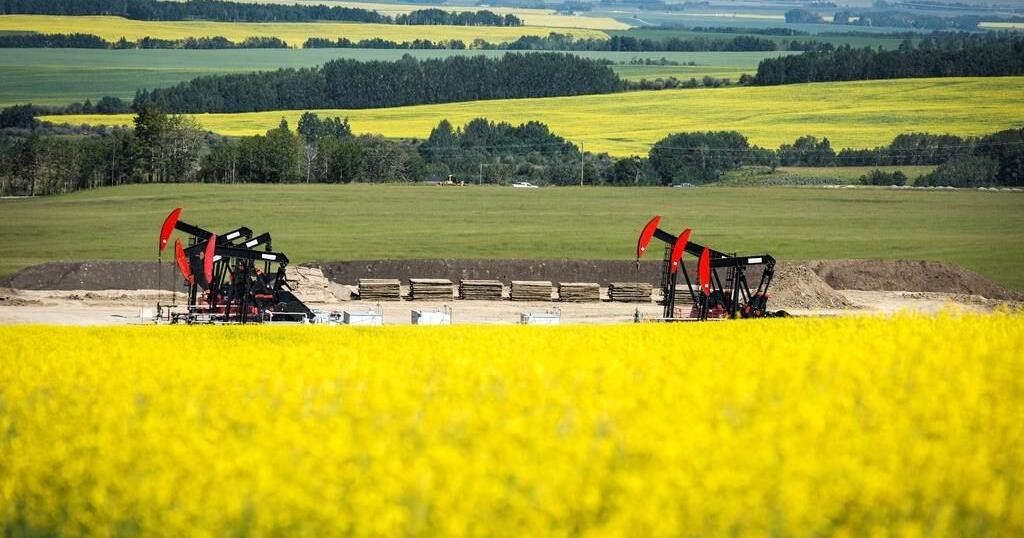

Washington (CNN)Prices in the US will ease, “come hell or high water.”

FREDERICTON – New Brunswick‘s finance minister says the province recorded a surplus of $500.8 million for the fiscal year that ended in March.
Ernie Steeves says the amount — more than 10 times higher than the province’s original $40.3-million budget projection for the 2023-24 fiscal year — was largely the result of a strong economy and population growth.
The report of a big surplus comes as the province prepares for an election campaign, which will officially start on Thursday and end with a vote on Oct. 21.
Steeves says growth of the surplus was fed by revenue from the Harmonized Sales Tax and federal money, especially for health-care funding.
Progressive Conservative Premier Blaine Higgs has promised to reduce the HST by two percentage points to 13 per cent if the party is elected to govern next month.
Meanwhile, the province’s net debt, according to the audited consolidated financial statements, has dropped from $12.3 billion in 2022-23 to $11.8 billion in the most recent fiscal year.
Liberal critic René Legacy says having a stronger balance sheet does not eliminate issues in health care, housing and education.
This report by The Canadian Press was first published Sept. 16, 2024.
The Canadian Press. All rights reserved.

OTTAWA – Finance Minister Chrystia Freeland says the government is making some changes to mortgage rules to help more Canadians to purchase their first home.
She says the changes will come into force in December and better reflect the housing market.
The price cap for insured mortgages will be boosted for the first time since 2012, moving to $1.5 million from $1 million, to allow more people to qualify for a mortgage with less than a 20 per cent down payment.
The government will also expand its 30-year mortgage amortization to include first-time homebuyers buying any type of home, as well as anybody buying a newly built home.
On Aug. 1 eligibility for the 30-year amortization was changed to include first-time buyers purchasing a newly-built home.
Justice Minister Arif Virani is also releasing drafts for a bill of rights for renters as well as one for homebuyers, both of which the government promised five months ago.
Virani says the government intends to work with provinces to prevent practices like renovictions, where landowners evict tenants and make minimal renovations and then seek higher rents.
The government touts today’s announced measures as the “boldest mortgage reforms in decades,” and it comes after a year of criticism over high housing costs.
The Liberals have been slumping in the polls for months, including among younger adults who say not being able to afford a house is one of their key concerns.
This report by The Canadian Press was first published Sept. 16, 2024.
The Canadian Press. All rights reserved.

OTTAWA – Statistics Canada says manufacturing sales rose 1.4 per cent to $71 billion in July, helped by higher sales in the petroleum and coal and chemical product subsectors.
The increase followed a 1.7 per cent decrease in June.
The agency says sales in the petroleum and coal product subsector gained 6.7 per cent to total $8.6 billion in July as most refineries sold more, helped by higher prices and demand.
Chemical product sales rose 5.3 per cent to $5.6 billion in July, boosted by increased sales of pharmaceutical and medicine products.
Sales of wood products fell 4.8 per cent for the month to $2.9 billion, the lowest level since May 2023.
In constant dollar terms, overall manufacturing sales rose 0.9 per cent in July.
This report by The Canadian Press was first published Sept. 16, 2024.
The Canadian Press. All rights reserved.


Next phase of federal foreign interference inquiry to begin today in Ottawa


Voters head to the polls for byelections in Montreal and Winnipeg


World Junior Girls Golf Championship coming to Toronto-area golf course


Liberals announce expansion to mortgage eligibility, draft rights for renters, buyers


Verdict expected in rape trial for former military leader Haydn Edmundson


Penguins re-sign Crosby to two-year extension that runs through 2026-27 season


Feds wary of back-to-work legislation despite employer demands: labour experts


Politics likely pushed Air Canada toward deal with ‘unheard of’ gains for pilots